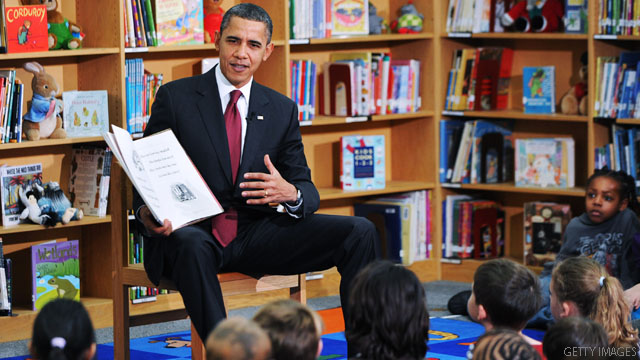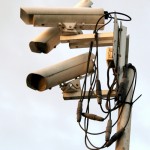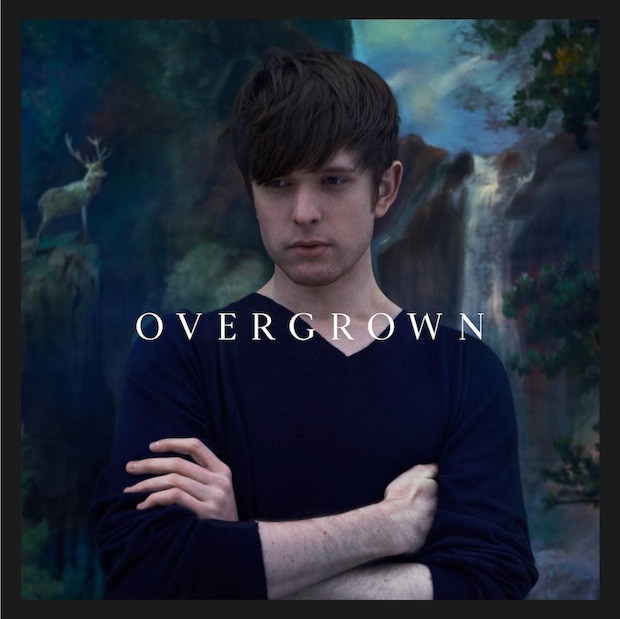The New Yorker‘s faith in literature has been shaken by the fact that a great reader like President Obama is capable of ordering drone strikes (h/t FF contributor Blake Neff). In an article published on their site yesterday (“A Reader’s War”), Teju Cole gushes about Obama’s literary sophistication:
Barack Obama is an elegant and literate man with a cosmopolitan sense of the world. He is widely read in philosophy, literature, and history—as befits a former law professor—and he has shown time and again a surprising interest in contemporary fiction. The books a President buys might be as influenced by political calculation as his “enjoyment” of lunch at a small town diner or a round of skeet shooting. Nevertheless, a man who names among his favorite books Morrison’s “Song of Solomon,” Robinson’s “Gilead,” and Melville’s “Moby Dick” is playing the game pretty seriously. His own feel for language in his two books, his praise for authors as various as Philip Roth and Ward Just, as well as the circumstantial evidence of the books he’s been seen holding (the “Collected Poems” of Derek Walcott, most strikingly), add up to a picture of a man for whom an imaginative engagement with literature is inseparable from life. It thrilled me, when he was elected, to think of the President’s nightstand looking rather similar to mine. We had, once again, a reader in chief, a man in the line of Jefferson and Lincoln.
Then Cole gives an all-too-familiar litany of all the horrifying war policies of this administration: secret assassinations, drone strikes, kill lists, etc. He wonders aloud—you can almost hear his worldview crashing down around him—how a man who reads Moby Dick could be capable of such things:
How on earth did this happen to the reader in chief? What became of literature’s vaunted power to inspire empathy? Why was the candidate Obama, in word and in deed, so radically different from the President he became?
Such a comment is typical of the frail, attenuated secular faiths of our age. We at Fare Forward love literature as much as the next person, and it’s undoubtedly true that humanistic literature can have a morally transformative effect. Literature ought to be created, a humanistic civilization ought to be cultivated. But to suppose that we can build a just and compassionate world armed with nothing but some great novels is a silly superstition entertained by people who consider themselves “spiritual but not religious.” Wagner was played at Hitler’s gas chambers; care and kindness can be practiced by the illiterate. Those who look to art alone for salvation are riding for a fall.

















